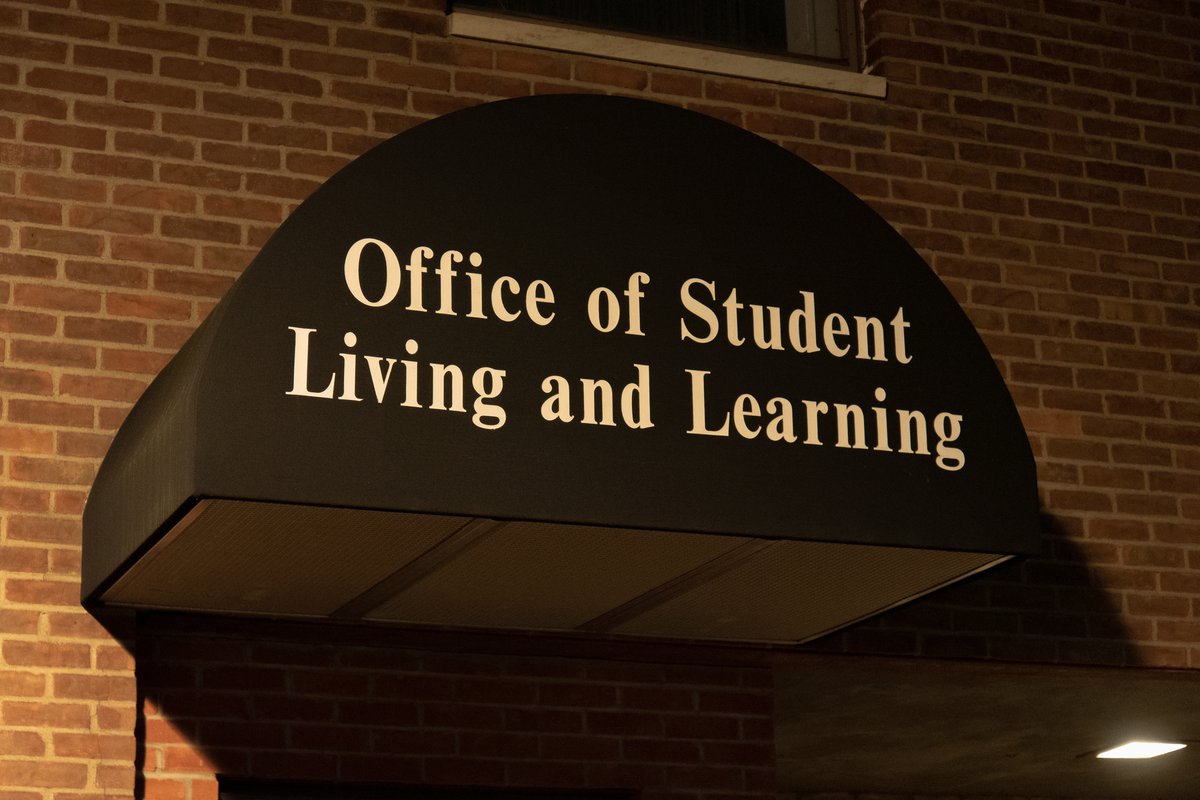No Greek housing this Fall
381 students left without housing
President Shirley Ann Jackson announced that students planning to live in a sorority or fraternity house during the fall semester will need to seek alternative housing during a town meeting on July 1, “given our protocols and standards and how we think we have to operate Rensselaer in the fall…we could not accommodate having the Greek houses open.” Greek students were advised to speak with both off-campus and Greek commons staff to find appropriate housing.
According to Interfraternity Council President Chris Vanderloo ’21, 381 students across 22 fraternities and four sororities will be displaced by the new policy.
During the meeting, Jackson asked Vanderloo to uphold his commitment to the Greek community by ensuring Greeks “implement health and safety and cleanliness and disinfecting protocols.” She also requested Vanderloo work with The Division of Student Life to develop rush programs and stay in touch with rising sophomores who rushed, as incoming freshmen are not allowed to rush at RPI until their second semester.
Since Greek houses will be empty in the fall due to Institute policy, Vanderloo stated that many member chapters have expressed their concerns, as their operating costs - “which… sometimes exceed $50,000 per semester” - coupled with “the lack of any revenue whatsoever may result in potential foreclosure” for smaller chapters. “As you know, we do not own most of those houses,” Jackson responded, “the Greek corporations own those houses so they’re not ours.”
Jackson added that RPI has “created and started a Greek fund that the Chair of the board has contributed to, that I am contributing to… you probably have/had the opportunity to talk with us about whether those funds in an emergency would need to be used in certain particular circumstances and so I would urge you to think about that.” Jackson continued that dues “would be contributory to helping to defray expenses of keeping the unoccupied housing.”
In an email to The Polytechnic, Vanderloo wrote that “IFC has not been provided details on the Greek Commons Fund. Dr. Jackson said it may be utilized for struggling houses, but it's unclear the process by which that would occur.”
Vanderloo further explained that “dues go to a number of expenses related to chapter operations, such as philanthropy, house activities, recruitment, and the like. For chapter houses, these dues also apply to pay for our chapter house's ongoing expenses and saving for future capital expenditure. Leases, mortgages, property maintenance, taxes, and other expenses can exceed $100,000 per year for the houses, without live-ins. There is a substantial gap between what chapters can reasonably charge for live-out dues and charging for living in a fraternity. It is not IFC's view that increases in live-out dues can influence the impact of these expenses.”
President of Panhellenic Council Bryn Clarkson ’21 followed with a question on RPI’s plan on hiring a Greek Dean and asked for an estimated time frame, expressing that because of the ongoing pandemic and because there’s no dedicated Greek Dean or Greek life commons at RPI, the Greeks are left to “figure out rush somewhat on our own.” Morgan McAdam has joined the RPI residential dean team to help support Greek life, according to Konwerski, who added that he is committed, along with Dean Lawler and Dean Apgar “to bring in staff to support and we’re going to continue to do that to make sure that you have the resources you need.”

 Town Meeting
Town Meeting
 Campus Security
Campus Security